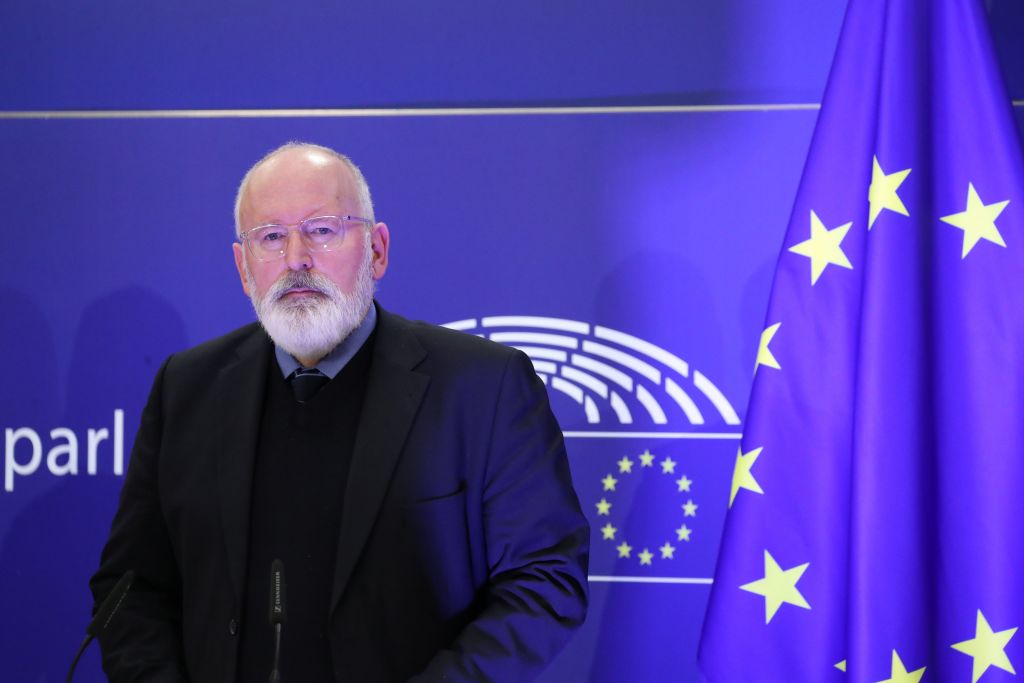As a lifelong Europhile, I rather liked the love letter to Britain from Frans Timmermans, vice president of the new European Commission. We in this country do love Europe, its people, its culture, its quirks, its diversity. Never has Britain been integrated more closely with the rest of Europe, never have we done more trade, never have more Brits lived in Europe and vice versa. The links between our peoples have never been stronger – and, after Brexit, will become stronger still.
The idea of a union of governments, however, was not a model that worked for the UK: that much was decided in a referendum and reinforced in two general elections. It’s nothing personal against Europe or the likes of Timmermans. We just value the ability to elect (or boot out) the people who make our laws. The EU’s ways were, in the end, too much for a Britain that has never confused the EU with Europe. ‘All European nations are unique,’ says Timmermans in his letter. Quite so, and then in seeking to impose uniformity on such a beautifully diverse continent, the EU ended up doing something profoundly un-European – and, as a result, becoming a source of instability in Europe.
‘Was it necessary to force the issue? Not at all. But you did,’ he says. A bit of a stretch. The UK did everything not to force the issue. We have always been one of the most reluctant members of the EU, judging by the European Commission’s own polls – and there is only so long that you can keep a democracy in a club against its will. So we asked for change, for reform, for a renegotiation, to create an EU that would carry greater democratic consent in Britain. That request was rejected. After that then, yes, it became necessary to force the issue.
But that’s all in the past. More importantly, now, when we leave the EU, it won’t be goodbye as Timmermans seems to think. We’ll still be the EU’s biggest single trading partner and, as Theresa May said in Florence, the UK government is also offering to act as the EU’s number one ally, its closest and most powerful friend.
On a practical basis, this means close security co-operation and keeping more in Europe’s diplomatic orbit, than, say, that of the United States. At a time when China is trying to pick apart alliances, it’s important that Europe has the critical mass to resist. With Britain, the EU has as an ally the world’s fifth-largest economy with a similarly powered military. So there are strong incentives all around to complete what remains of Brexit amicably and build a post-Brexit European alliance. That work starts now.







Comments